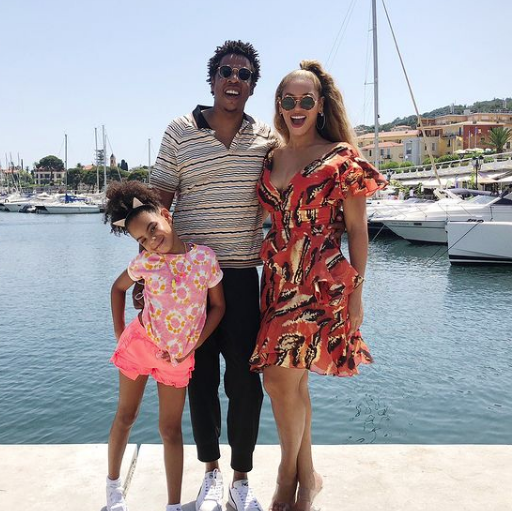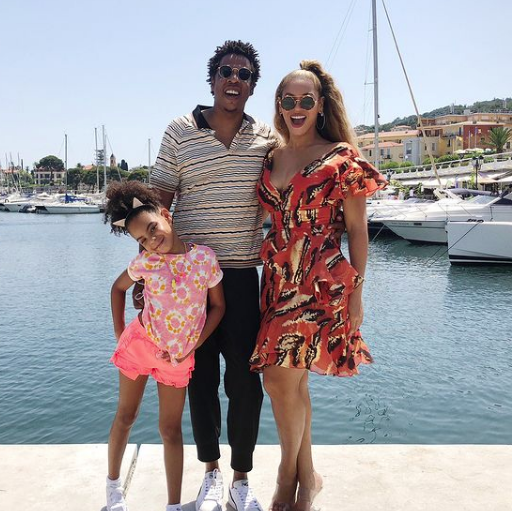‘It Was Time’: Jay-Z Shares What the Pandemic Taught Him About Family
The greater rapper Jay-Z’s fortune grows the more hyper-focused he seemingly is becoming on what matters most: his family. During the unprecedented year of 2020, not a single person was exempt from grappling with what their new normal would look like, not even the billionaire rapper.
In a recent interview with The Times of London, he shared how spending extended time — uninterrupted by touring or recording of a new album — created the perfect breeding ground for connection and catering to his and his wife Beyoncé’s three children.

“In the beginning it was time for everyone to sit down and really connect, and really focus on family and being together, and take this time to learn more about each other,” explained Jay-Z.
Jay was reminded of just how much family is the foundation that shapes who every person becomes. With that in mind, the “Hard Knock Life” rapper shared his take on “feeling loved” being “the most important thing a child needs.” A need that the Carter clan — Blue Ivy, 9, and twins Rumi and Sir, who will be 4 in June — are not deprived of.
And even with the business success that the 51-year-old has achieved, his love for his own children reminded him that the bigger picture is not just about leaving billion-dollar businesses for them, but instead “as long as your child feels supported, and feels loved, I think anything is possible.”
While Jay has made it clear he won’t be participating on social media — he does however have a Twitter account that before a series of tweets on March 4, he had not used since 2018 — it does not mean the cancel culture of society has been in his blind spot.
“You can’t give someone a microphone for 24 hours a day and [have them] not think they have to use it!” Even if he were younger and just starting out in the music industry he insists he still would stay away from social media.
His thoughts on that wave of canceling people who miss the “socially acceptable” mark are simple: It won’t be going away anytime soon.
“Imagine having a microphone and you’re asked about social justice questions at 18 years old? It’s like, ‘What? I’m meant to know the answer, and if I don’t answer the correct way, if I don’t say everything right, even if my intentions are right, and I don’t say the same right thing, it’s going to be everywhere.”

